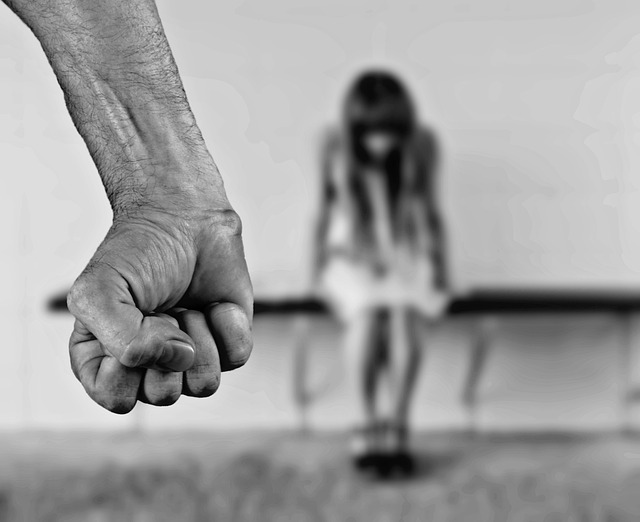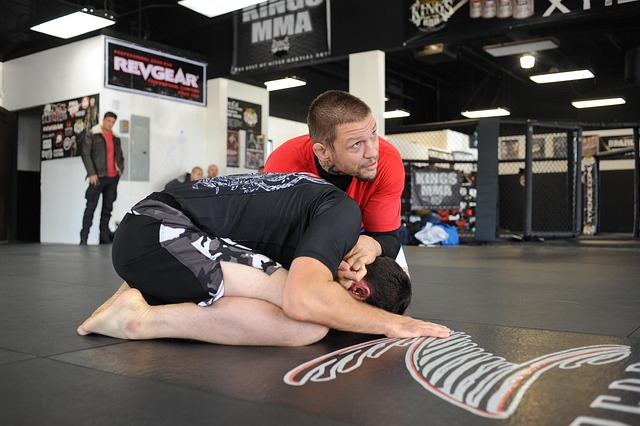Shelterwood Academy, a historic teen treatment center, faces ongoing abuse allegations, including historical misconduct. Community reaction underscores systemic issues, demanding transparency and ethical scrutiny. Legal obligations and moral duty require thorough investigations, robust internal protocols, background checks, and staff training to protect vulnerable teens, fostering accountability and safer environments.
In recent times, there has been growing scrutiny towards Shelterwood Academy, a private institution with a history of fostering young minds. This article delves into the complex narrative surrounding allegations of abuse within its walls, exploring both historical context and contemporary concerns. We examine the institutional responses, legal implications, and ethical obligations in holding Shelterwood Academy accountable for alleged mistreatment. Understanding these issues is crucial for ensuring such abuses do not go unchallenged.
- Understanding Shelterwood Academy and Its History
- Uncovering Allegations of Abuse and Their Impact
- Holding Institutions Accountable: Legal and Ethical Frameworks
Understanding Shelterwood Academy and Its History

Shelterwood Academy, a private residential treatment center for teens, has been in operation for over four decades. Founded on the principles of nurturing and rehabilitation, its mission is to help young people struggling with emotional and behavioral challenges. However, amidst its history of service, there have been alarming allegations of abuse at Shelterwood Academy, casting a shadow over its otherwise noble objectives.
The academy’s history includes periods of scrutiny and controversy, with reports of physical, emotional, and sexual abuse dating back to the 1980s. Despite attempts at reform and changes in leadership, these accusations persist, prompting concerned families and advocates to demand greater accountability. The ongoing debate surrounding Shelterwood Academy underscores the need for transparent practices, robust oversight, and strict adherence to ethical standards in youth care facilities.
Uncovering Allegations of Abuse and Their Impact

The revelation of allegations of abuse at Shelterwood Academy has shaken the community and brought crucial attention to potential systemic issues within the institution. When students, former faculty, or parents come forward with stories of misconduct, it is essential to take these claims seriously and investigate them promptly. The impact of such accusations cannot be understated; it can disrupt the daily operations of the academy and cast a shadow over its reputation.
Uncovering these allegations may reveal patterns of abuse, neglect, or unethical behavior that have gone unaddressed for an extended period. It is imperative for Shelterwood Academy to conduct thorough inquiries, ensuring transparency throughout the process. By acknowledging and addressing these issues openly, the academy can foster a culture of accountability, making it a safer environment for current and future students.
Holding Institutions Accountable: Legal and Ethical Frameworks

Holding institutions, like Shelterwood Academy, accountable for abuse is a multifaceted issue that intersects legal and ethical considerations. In many jurisdictions, there are stringent laws in place to protect individuals from institutional abuse, especially vulnerable populations such as minors. These laws often include provisions for investigation, reporting, and prosecution of any parties found negligent or intentionally harmful.
Ethically, the responsibility extends beyond compliance with the law. Institutions like Shelterwood Academy have a moral obligation to ensure the safety and well-being of their charges. This includes establishing robust internal protocols for addressing complaints, conducting thorough background checks on staff, and providing regular training on abuse prevention and recognition. Transparency in these processes is crucial, as it fosters trust between the institution, its students, and their families, while also enabling continuous improvement through feedback and scrutiny.
In light of the allegations and their profound impact, it’s imperative that Shelterwood Academy be held accountable for past abuses. By utilizing robust legal and ethical frameworks, we can ensure institutions like Shelterwood are transparent, responsible, and committed to protecting vulnerable individuals. This isn’t merely about justice; it’s a vital step towards healing and preventing future harm, ensuring the safety of those who might otherwise suffer in silence. The fight against institutional abuse demands continuous vigilance and concerted action.
